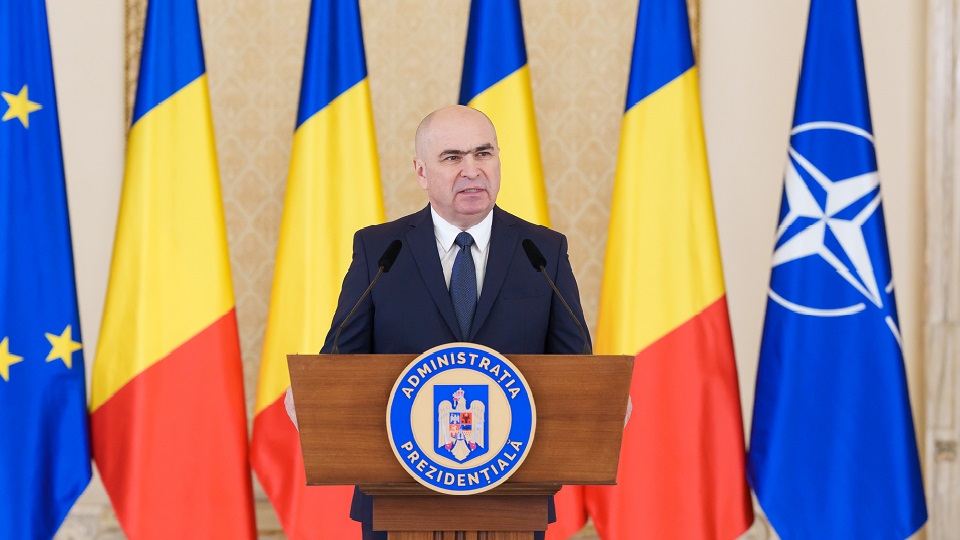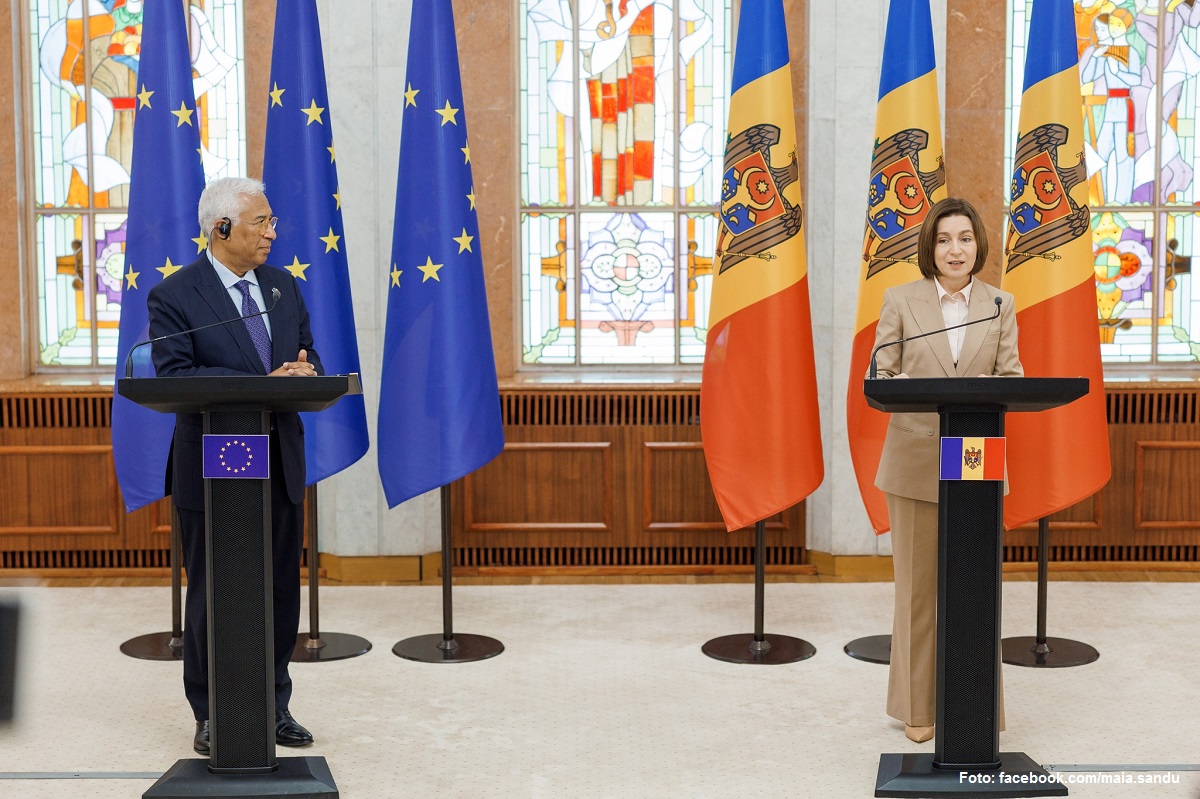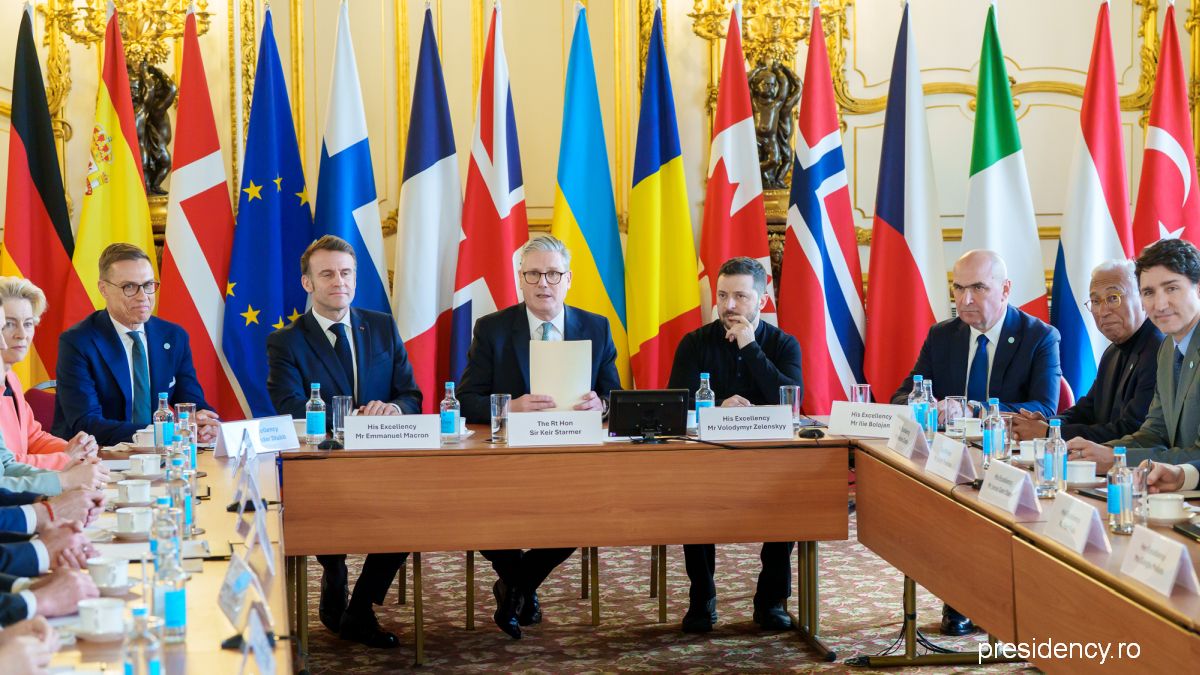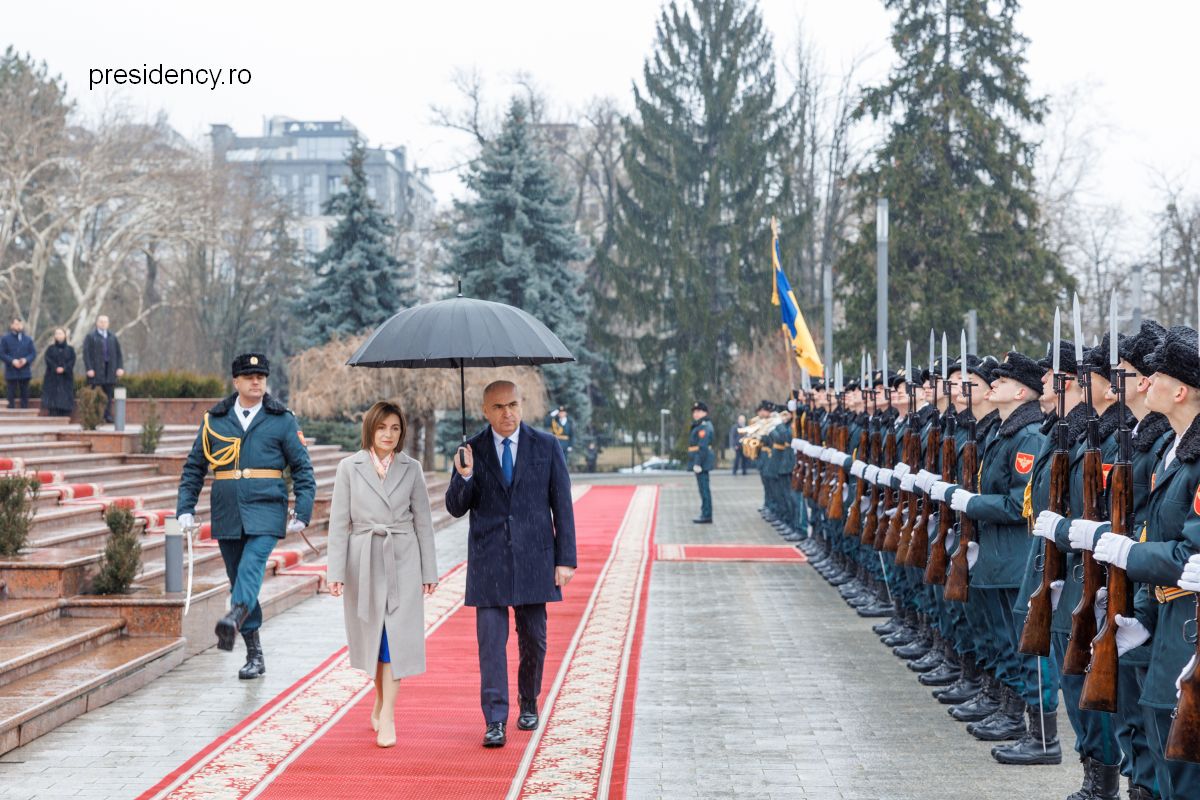Romanian-Moldovan Relations
Romania is interested in consolidating stability in the Republic of Moldova, and in sustaining, firmly and consistently, its European aspirations. This was the main message issued by the Delegate Minister for the Relation with Romanians Abroad, Dan Stoenescu, during his visit to the neighboring state late last week. Pursuing reform, according to the Romanian official, is the most solid premise to reach these goals, and the most adequate response to the expectations of Moldovan citizens.
Bogdan Matei, 16.05.2016, 13:39
Romania is interested in consolidating stability in the Republic of Moldova, and in sustaining, firmly and consistently, its European aspirations. This was the main message issued by the Delegate Minister for the Relation with Romanians Abroad, Dan Stoenescu, during his visit to the neighboring state late last week. Pursuing reform, according to the Romanian official, is the most solid premise to reach these goals, and the most adequate response to the expectations of Moldovan citizens.
Chisinau has been a priority for Bucharest for over a quarter of a century. Starting on August 27, 1991, after the failed neo-Bolshevik coup in Moscow, Moldova proclaimed its independence from the USSR. That same day, Romania recognized the state independence of its new neighbor, which was created when Stalin took over in 1940 Romanian territories through an ultimatum. Romanias support for Moldovas integrity, sovereignty and European aspirations is predicated upon a common language, history and European aspirations. Right after gaining independence, Moldova was faced with the pro-Russian secessionist rebellion in the Transdniester. For almost a decade, in the early 2000s, it was ruled by an abusive communist government, then by a coalition, purportedly pro-Western, marred by corruption and incompetence. As a result, Chisinau missed a few trains to Europe.
Experts point out, among other things, economic figures according to which Romania and Moldova had a comparable average GDP per capita at the moment communism fell. Right now, that figure is skewed 20 to 1 in favor of Bucharest. Bucharest is a member of NATO and the EU, while Chisinau has always been shifting between leaning towards Moscow and Brussels, left in the gray area between two worlds. In 2014, as a new member of the Eastern Partnership, Moldova signed association and free trade agreements with the EU. Later on, however, nothing worked in the governing coalition.
As a result, now, the favorites in polls are pro-Russsian parties, the socialists and the populists in the coalition called Our Party, led by the mayor of the city of Balti, Renato Usatyi. Which is why commentators called courageous the initiative announced by Minister Stoenescu to set up a Romanian Information Center in this northern city, the second largest in the republic, where Romanian speaking and Russian speaking populations (Russians and Ukrainians) are roughly equal in number. The center will promote Romanian culture and European Union values.
(Translated by Calin Cotoiu)

